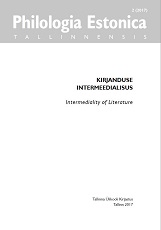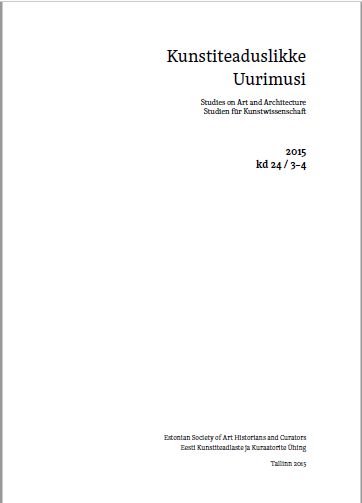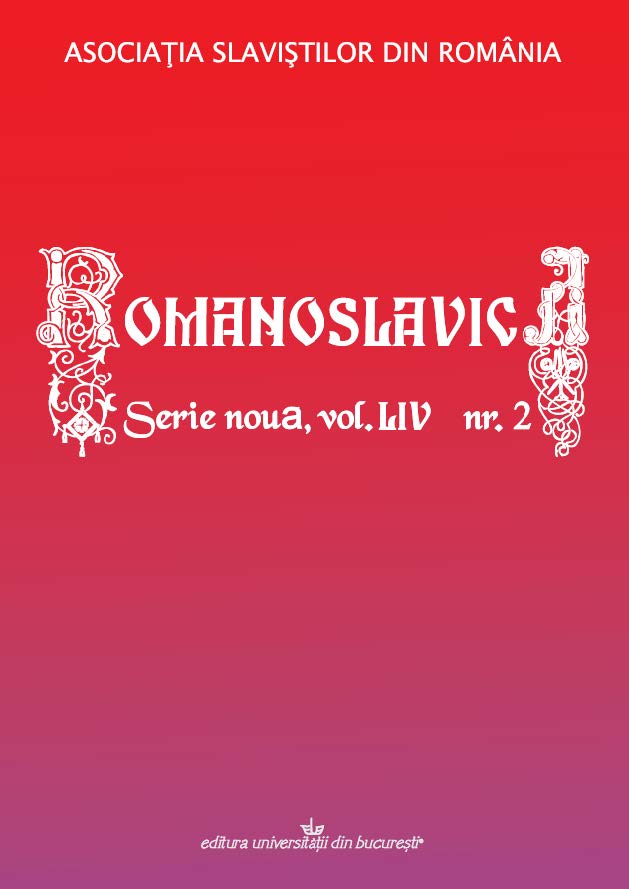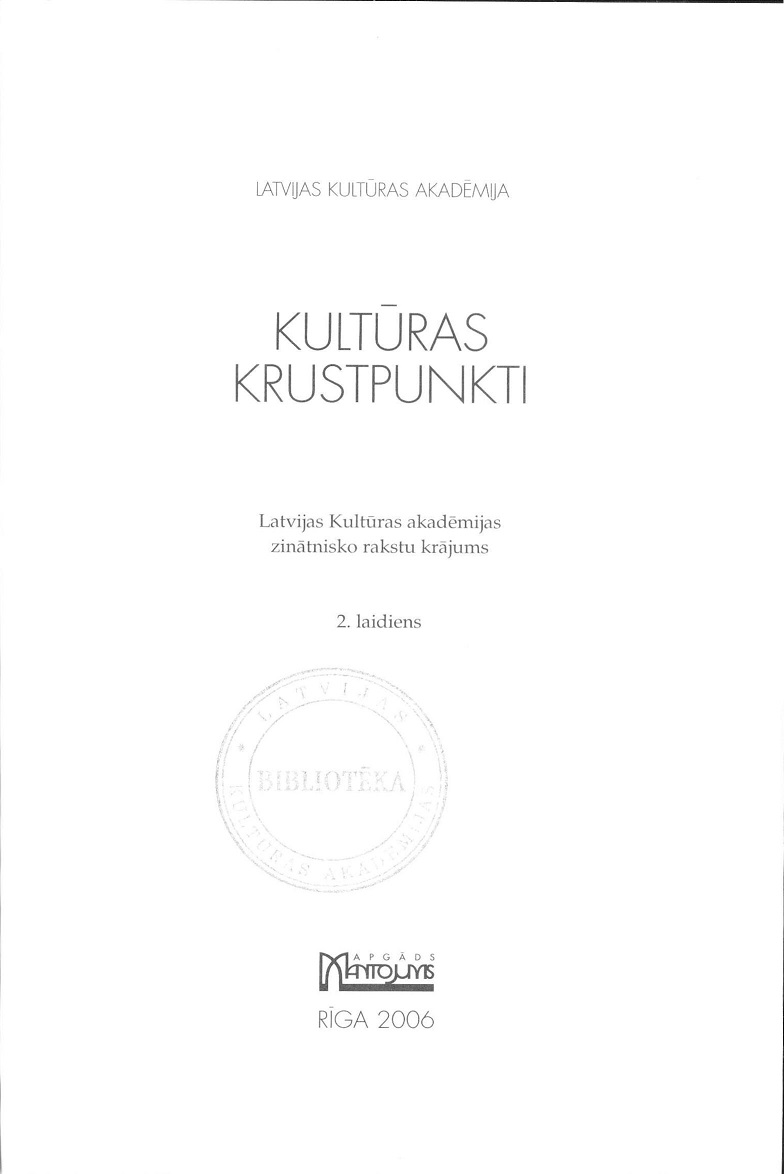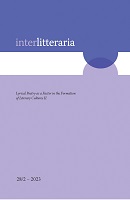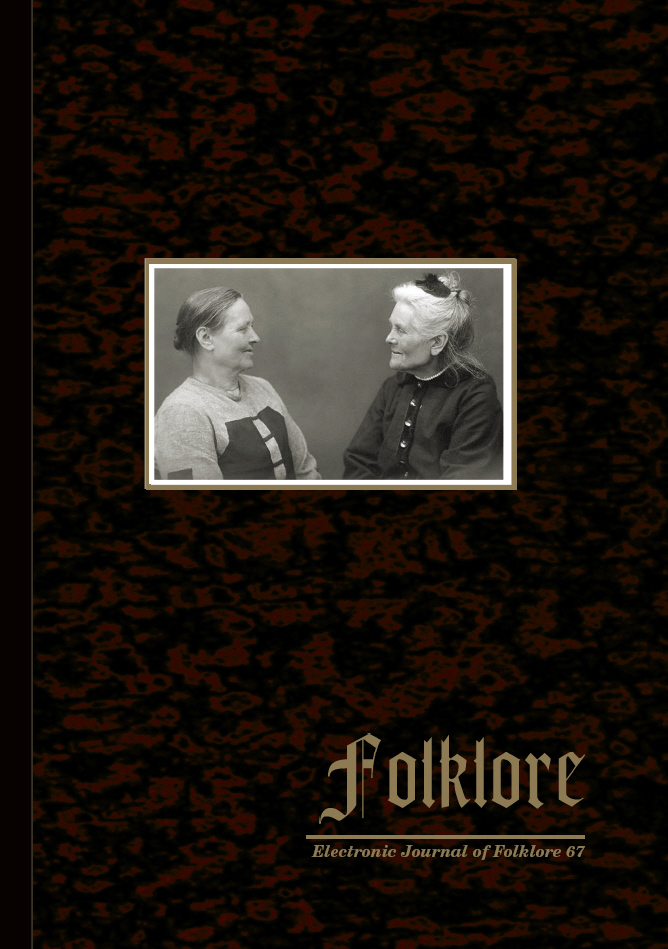
Star Bride Marries a Cook: The Changing Processes in the Oral Singing Tradition and in Folk Song Collecting on the Western Estonian Island of Hiiumaa. I
Relying on the critical analysis of the folk song collections, which represent the heritage of Estonia’s second biggest island, Hiiumaa1, as well as on manifold background information, the history of Hiiumaa folk song collecting (from 1832 to 1979) and the character of the singing tradition in the changing social and cultural context is drafted. During the process of research, the data on Hiiumaa folk songs were formalized, the specific features of older local song styles (regilaul2, transitional song, and archaic vocal genres) were outlined by using formal and typological text analysis, and the representability of folk song collections was estimated. The settlement history of Hiiumaa was studied and associated with the putative processes in folk song tradition. The older folk songs collected from Hiiumaa reveal the process of historical changing: there occur older Baltic-Finnic alliterative songs and transitional songs with regional western Estonian features and a pervasive impact of bagpipe music. The singing tradition is influenced mainly by cultural contacts with the Estonian and Swedish population on Estonian islands and the western coast, and also by the contacts of local sailors. The number of older Hiiumaa folk song representations is relatively modest due to the reasons that lay in folklore collecting ideology, the remote location of Hiiumaa, and a fast decline of regilaul tradition in the late 1800s and early 1900s. However, in the course of fieldwork, regilaul songs were always documented as precisely as possible, while other older genres were often dismissed by earlier collectors. Fieldwork was seldom done in Hiiumaa, but the existing folk song examples, if treated critically, still give quite a good overview of the local historical singing tradition.
More...
